Provisioning for yachts can seem deceptively simple. As a yacht chef or chief stewardess, placing an order for provisions is as easy as sending a quick WhatsApp message or an email. You then expect everything to arrive neatly packed and ready on the dock the next day or shortly after. However, behind every order lies a complex, labour-intensive process that involves far more than a casual trip to the local store.
Every delivery requires a meticulous procedure, coordination, expertise, and a significant amount of time and effort. At Green Chilli, a yacht provisioner with many years of experience, we pride ourselves on meeting our clients' exact requests—whether it's local or international, guest-quality or crew-quality, luxury or budget-friendly. Our mission is to fulfill even the most complex orders with precision.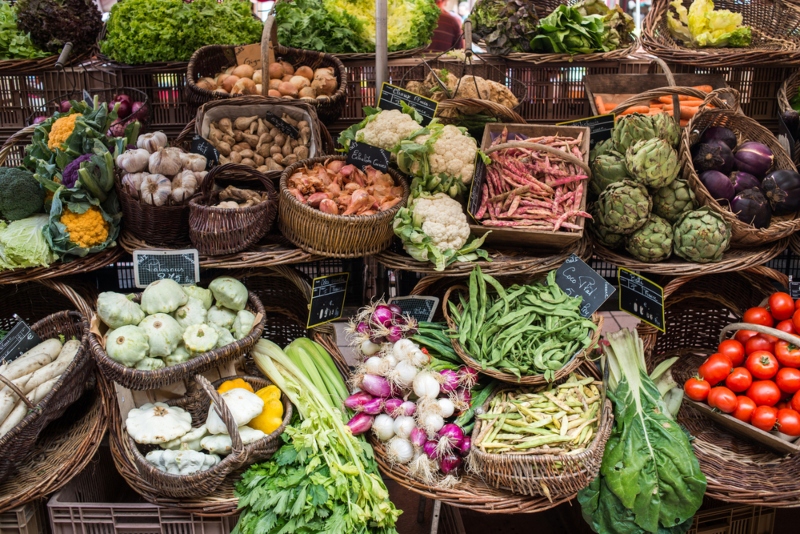
This article will give you a glimpse into the effort behind every order, from initial contact to final delivery. If you've ever wondered why provisioning costs what it does or need to explain to your captain or management why provisioners charge what they charge, this will help clarify things.
What makes provisioning different from shopping?
A typical store sells what’s on its shelves, but as a provisioner, we don’t work that way. We source exactly what you request—whether it’s a specific brand of olive oil, specific toiletries for guests, fresh seafood, or a rare ingredient from abroad. This requires more than just stock management; it’s about providing a customised, full-service solution.
While large retailers like Carrefour or Metro rely on stock turnover and volume sales, we don’t just sell what we have in stock. We actively go out and get exactly what you need, every time.
But why does this service come at a higher price? Let’s break down the process from order to delivery.
1. Receiving and processing the order
Not everybody uses online ordering as many chefs and chief stewardesses lack the time to sit on their phone or computer. Most orders come in via WhatsApp or email and the formats can vary widely—Excel sheets that don’t print well, handwritten notes, PDFs, or even photos of lists. Once the order is received, it has to be carefully filed and transferred into a document that can be worked with effectively.
Once we have a legible list, we have to review it carefully. Here are some of the key questions we need to clarify:
- Who is the order for? Is it for guests or crew? Does it need to be high-end, or is the boat on a budget?
- What specific details are required? This includes packaging preferences (e.g. how many chicken breasts in each vacuum pack), is the pork shoulder with or without bone, what size ‘packets’ of crisps are needed, are the ‘bottles’ supposed to be in plastic or in glass, is the fish frozen or fresh, what size and colour should the flower arrangement be, etc..
- Are the items available locally? If not, should we import them from other countries or replace them with local alternatives?
These details often aren’t included in the initial order, so we have to reach out to the client for further clarification. This back-and-forth communication is time-consuming but essential for ensuring accuracy.
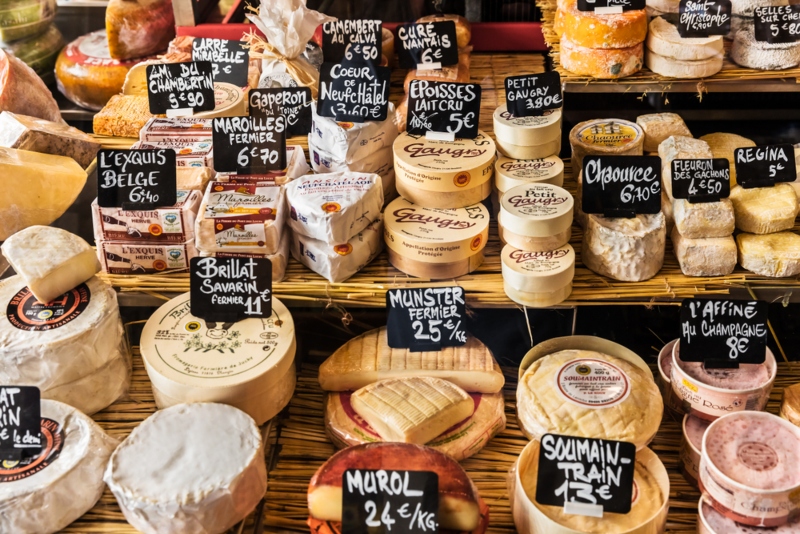
2. Dispatching and shopping
Once the order is clear, we move on to sourcing the requested items. Unlike a typical shopping trip where everything’s in one place, provisioning means calling and visiting multiple suppliers such as butchers, fishmongers, cheesemongers, supermarkets, wholesalers, and specialty stores. We also rely on local markets to secure the freshest produce.
The choice of supplier depends on a few things: how much time we have to prepare the order (sometimes we can shop around for the best deal, and other times we just have to take what’s available), the boat’s budget, specific brand requests, or how much stock is available. This also explains why prices can fluctuate from one delivery to the next—different shops often charge different prices for the same product.
For those familiar with the South of France, our team may need to travel all the way from Menton to Cannes or even further, picking up specific items from various shops along the route. For example, we might need to grab a special brand of soap in Cannes and a particular sauce from Nice as well as a special lemon marmalade from Menton. This can easily turn into hours of driving, especially during the hectic summer season when traffic on the French Riviera is notoriously heavy.
3. Logistics and handling The cold chain challenge
Provisioning isn’t just about collecting items; it’s about ensuring those items are properly stored, transported, and delivered. We need to ensure that perishable goods are kept at the correct temperature. This means our vehicles must be properly refrigerated, and our drivers and shoppers often have to carry heavy cooler boxes to load into our vans to maintain the cold chain at all times. It gets very hot in the peak of summer heat.
Once items arrive at our warehouse, they need to be checked, sorted and stored at the correct temperature, and carefully packed. Every item is labeled for each boat and separated according to whether it's for the chef, guests, or crew. All of this is done in our large cold rooms to ensure freshness.
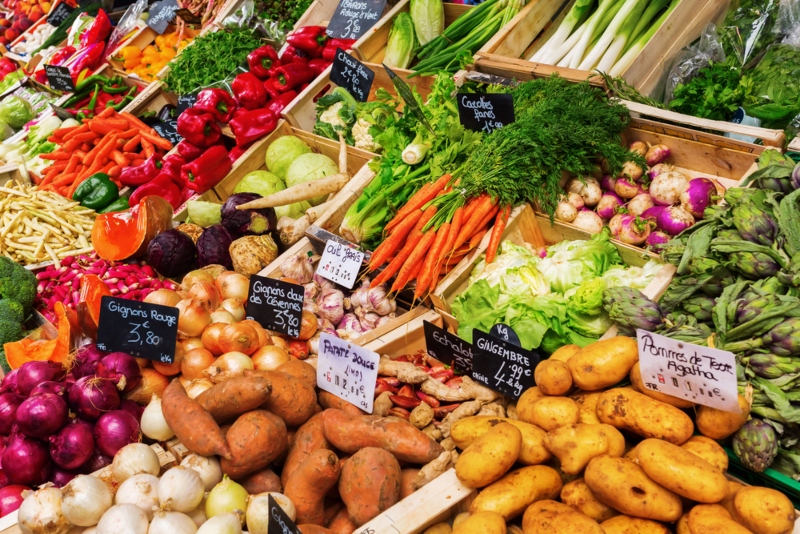
Early mornings and late nights
Fresh produce, such as fruit and vegetables, is sourced directly from local markets. This means our fruit and veg team starts at 4:00am to ensure we get the freshest products. Market shopping isn’t quick; everything must be checked, packed, and dispatched back to the warehouse, where it’s divided according to each boat’s needs.
Daily deliveries of fresh fish and meat also arrive at the warehouse between 5:00am and 6:00am, and these, too, need to be thoroughly checked and packed.
But our day doesn’t end there. New orders arrive throughout the day—some for same-day delivery, others for the next day. The warehouse teams are constantly checking in goods delivered by our shoppers or received directly from suppliers and online orders.
Deliveries
Once an order is completed, the trucks need to be loaded for delivery. This process continues throughout the day and into the night to prepare for early morning deliveries. While loading trucks may seem simple, there are days when we handle up to 12 tons of goods. The logistics involved are considerable.
Our workdays often start at 4:00am and stretch well into the evening, sometimes finishing as late as 10:00pm or 11:00pm.
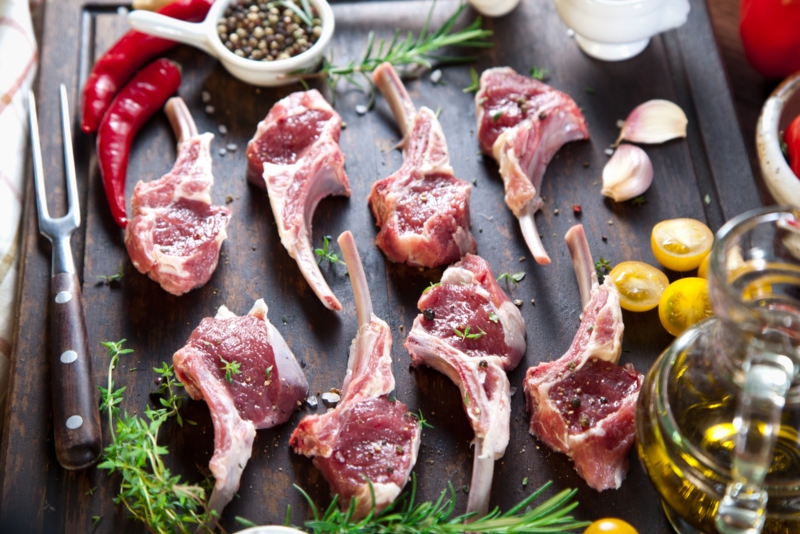
5. Managing last-minute changes
Yacht provisioning is rarely static. Last-minute changes are the rule, not the exception. Whether it’s an added case of wine, special dietary requests, 1kg of carrots, 5 steaks or a bunch of flowers, we must adjust on the fly. These changes require additional purchases, updates to our order management system, and careful reorganisation of pick-ups and deliveries. In many cases, the whole process—from sourcing to packaging—has to be repeated for just a single added item.
Deliveries are never straightforward either. We have to account for traffic, boats changing destinations, weather, tenders being unavailable, etc.. Our drivers sometimes have to wait over an hour for tenders to deliver, thus delaying the following delivery on the schedule. All of this has to be managed at the last minute, trying to satisfy each boat’s specific change/request.
6. International provisioning: More than just a delivery
Provisioning yachts globally adds another layer of complexity. Not only do we need to assess whether goods can be shipped to the requested destination, but we must also navigate local customs regulations, health certifications, and import permits. For perishable goods, we use specialised packaging to ensure everything remains cool during transport.
Coordinating with local agents, managing paperwork, and arranging air freight requires close collaboration to avoid delays. Every international shipment involves a huge amount of logistics, from choosing the right boxes that fit on small planes or tenders to ensuring the right permits are in place.
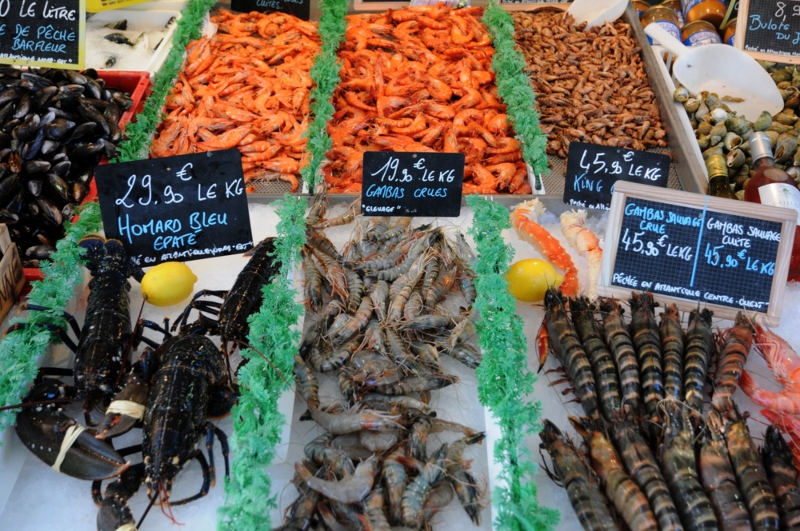
Why does this service come at a price?
Provisioners are not supermarkets, nor are we wholesalers like Carrefour or Metro. We don’t sell what we have in stock—we get exactly what you need, often on short notice. This level of personalised service comes with significant operational costs.
Here’s why:
Also, we follow the rules so our clients can be assured that all our documentation conforms with local regulations. If customs step on board, our invoices are guaranteed correct. If we deliver to you without VAT, you can be sure that due diligence has been done and the correct declarations have been made with local authorities. You will not risk a fine!
- Staffing: From early morning market trips to late-night order adjustments, our team works long hours to ensure everything runs smoothly. At Green Chilli, the wellbeing of our staff is a priority. All our staff are fully declared in the French system and benefit from local employment and health insurance policies.
- Refrigerated vehicles and cold storage: Maintaining the cold chain requires specialised equipment and careful handling.
- Admin and logistics: The paperwork, accounting, and coordination involved in every order adds to the cost. Some orders involve hundreds of individual receipts, each one needing to be managed.
- Financial accountability: We pay most of our suppliers immediately, while yachts may take up to six months to settle invoices, effectively making us a temporary bank for our clients.
The importance of yacht provisioning
In the high-stakes world of yachting, provisioning plays a crucial role in guest satisfaction. It’s not just about gathering items—it’s about ensuring every detail is perfect.
Our business operates 365 days a year, seven days a week. There are no days off, because yachts don’t stop operating, and neither do we. This round-the-clock dedication comes at a cost, but it ensures that our clients—whether docked in the South of France or halfway around the world—receive the best possible service.
So, the next time someone asks why provisioning costs so much, remember: it's not just shopping. It’s a highly organised, labour-intensive process that involves careful planning, attention to detail, and coordination with multiple suppliers, drivers, and logistic teams. At Green Chilli, we go the extra mile (often quite literally) to deliver exactly what you need, when you need it and exactly how you want it!
Find out more about Green Chilli Provisioning. In need of more insights on yacht provisioning? Browse our library.